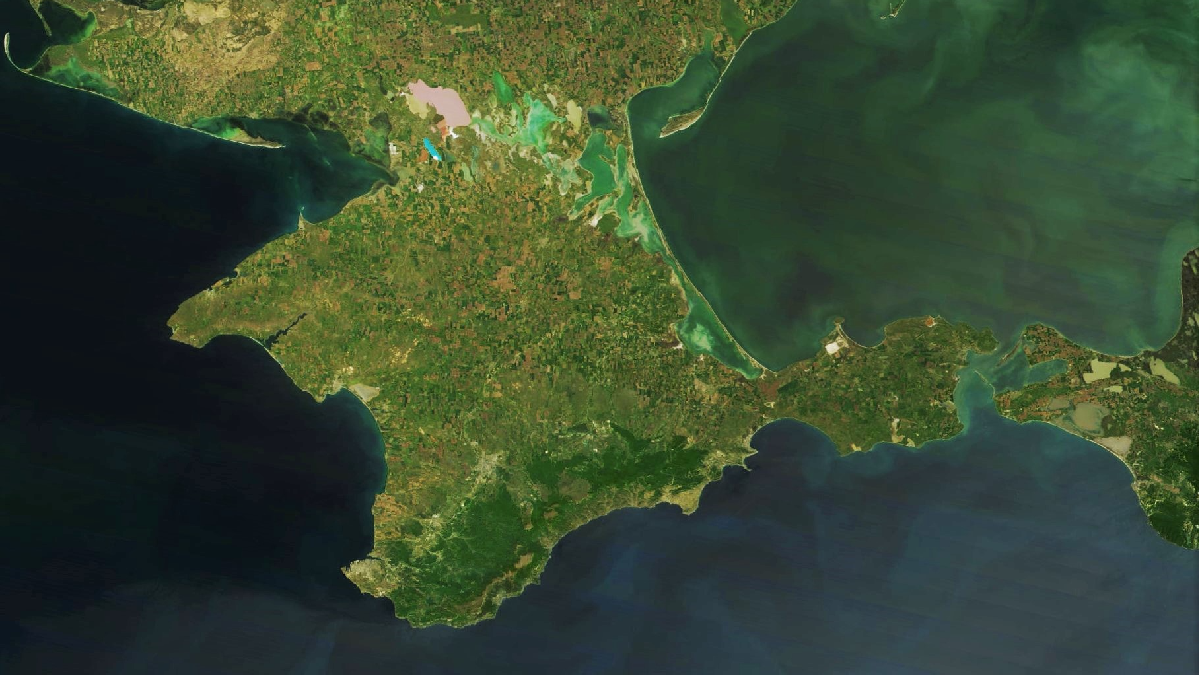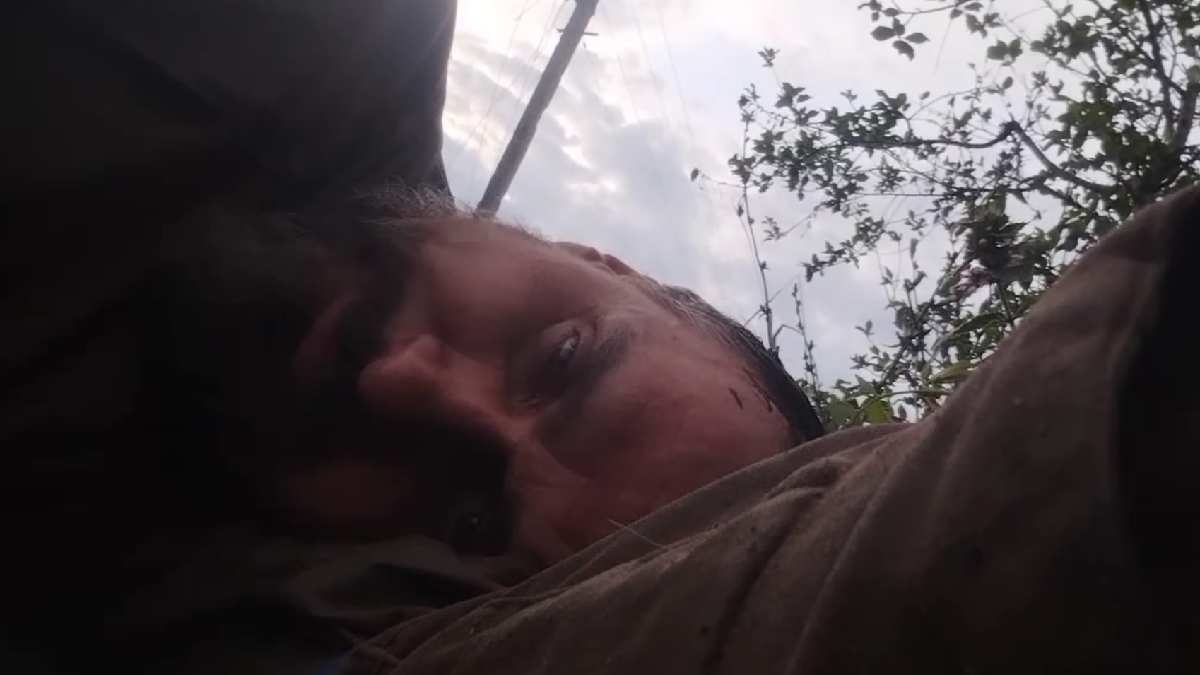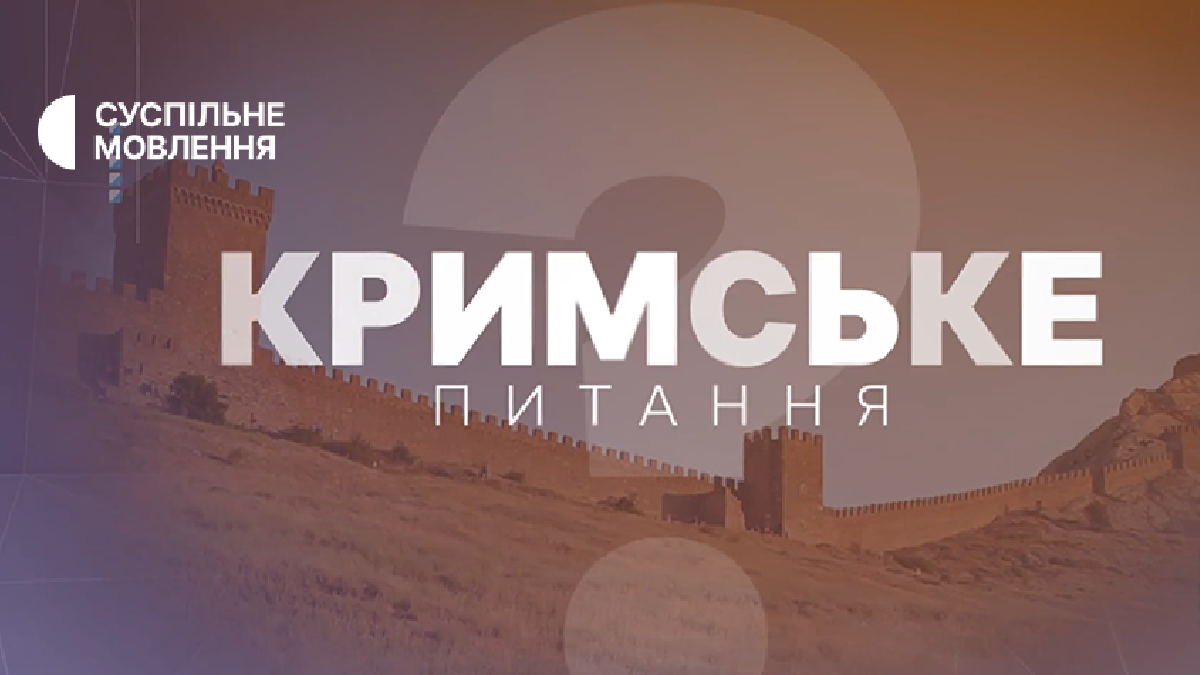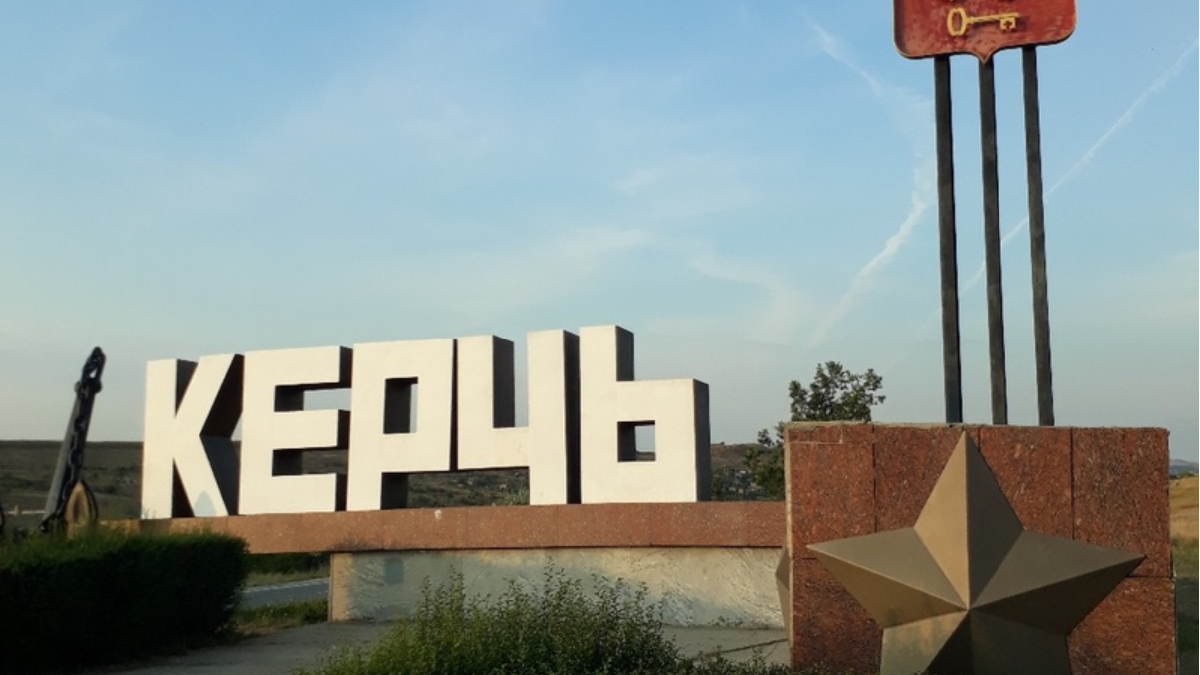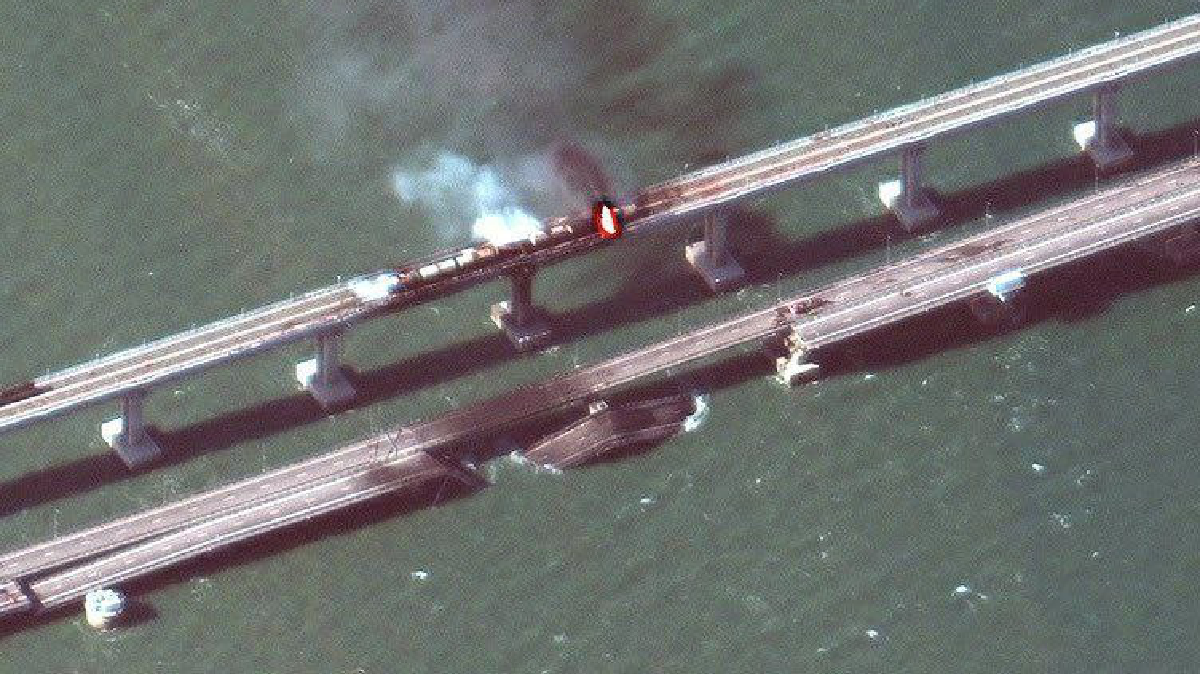De-occupation and reintegration strategy. What is the implementation plan?
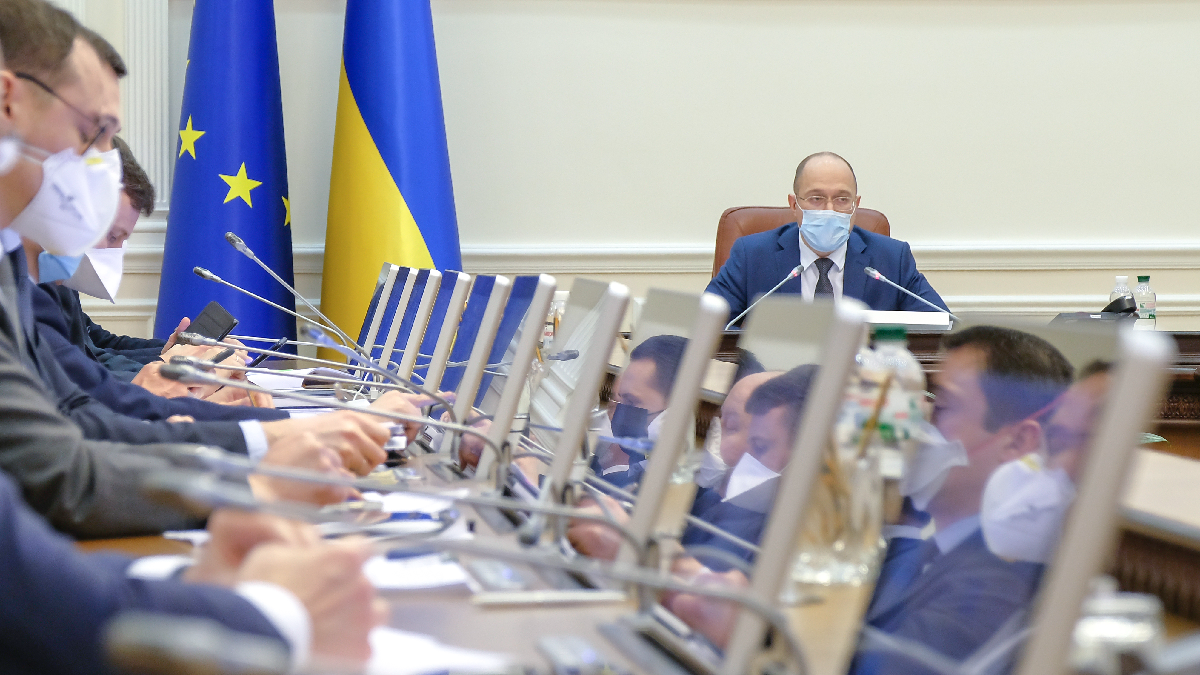
At a meeting on September 29, the Cabinet of Ministers approved an action plan for the implementation of the Strategy for de-occupation and reintegration of the temporarily occupied territory of Crimea. The document provides for the implementation of 158 measures. The strategy was adopted at a meeting of the NSDC on March 11 this year. On March 24, President of Ukraine Volodymyr Zelensky put the document into effect by his decree. During a government meeting, Prime Minister Denis Shmygal said that the approved action plan would be a roadmap for the return of Ukrainian Crimea. What the action plan for the implementation of the de-occupation strategy foresees when it starts working and how it will change the situation around the peninsula was discussed in the program “Topic of the Day” with Igor Yaremenko - Deputy Minister for Reintegration of the Temporarily Occupied Territories of Ukraine, Boris Babin - Doctor of Law, Professor, Representative of the President of Ukraine in the Autonomous Republic of Crimea and Refat Chubarov - the chairperson of the Mejlis of the Crimean Tatar people.
According to Igor Yaremenko, the most important thing is the adoption of the document because there was neither a strategy nor an action plan for its implementation before. The document is an important political signal:
“The adoption of such a document is a powerful political signal. This is a very important signal both within the country for our citizens and for the citizens of Ukraine living in the temporarily occupied territories, to our partners, our friends, and of course to the Russian Federation that the Crimea issue is not closed. The Crimean issue is on the agenda every day, and we will work hard to de-occupy and reintegrate the peninsula”.
He added that it is difficult to plan when the Russian Federation will leave occupied Crimea. This is a medium-term, at least, if not a long-term perspective. The plan itself should be reviewed every two years, and the goals should be updated.
According to the text of the order, the implementation of the approved action plan should be carried out at the expense and within the limits of expenses provided for in the state and local budgets, as well as at the expense of other sources not prohibited by law.
Igor Yaremenko clarified the current situation with the financing of future measures of the plan:
“The main part of the activities envisaged there will take place within the framework of those programs that are planned and are currently included in next year's budget. Some measures provide for separate budgeting, such as environmental issues, which we take quite seriously. We plan to pay attention to this and build special posts that will monitor the environmental situation on the peninsula. It needs funding and funding will be allocated for that".
The Deputy Minister also spoke about the new institution to be established following the approved plan:
“This institution will be created under the roof of our ministry, and the major tasks will be to collect and accumulate as much as possible any information related to the occupied territories. From violations of human rights, issues related to property to, for example, those persons who persecute our citizens, against whom we are initiating sanctions measures today and will only expand this work in the future. This is the institution that will collect information and disseminate it. For example, some people helped to hold “elections” in Crimea. We can prosecute those who organized, and those who contributed there are cases when they can not be prosecuted. But this does not mean that they cannot bear political responsibility".
Refat Chubarov spoke about the proposals made by the Mejlis before the action plan.
“We made our proposals for this plan, and it was very important for us to see how they were accepted. We proposed that the plan include drafting and submitting bills to the Cabinet of Ministers, amending the Constitution of Ukraine in the Autonomous Republic of Crimea, and determining the status of Crimea as the national-territorial autonomy of the Crimean Tatar people. We suggested that the government prepare, consider and submit for consideration by the Verkhovna Rada a draft law on the status of the Crimean Tatar people. These two proposals are accepted but in a very general form.
We gave a lot of arguments why the solution of these issues in de-occupation brings the time of the liberation of Crimea closer, but the government wrote it down in a completely different way. It is unacceptable for us that the target date is within a year after the de-occupation of the temporarily occupied territories. We observe here two opposite approaches. Nevertheless, this plan can be revised, it can be specified, and no one forbids other subjects of a legislative initiative to develop a draft law for consideration by the Verkhovna Rada. The main thing here is that there is the political will of the Verkhovna Rada, but the political will of the Council today largely depends on the position of the top leadership of the state".
“We have been cautious about the proposals concerning amendments to the Constitution of Ukraine. We want this plan to be not ephemeral but real and executable. As for the issues requiring amendments to the Constitution, this is a very sensitive issue", - Igor Yaremenko noted.
Boris Babin, Doctor of Law, Professor, Representative of the President of Ukraine in the Autonomous Republic of Crimea, spoke about the main challenges of this plan:
“There are two main challenges. The first challenge is that there is no budget financing. We know our management practice: if a government agency has an additional budget, then tasks are implemented faster. If it does not have it, then this is realized at the expense of the available resources and reserves, respectively, very slowly and, unfortunately, perhaps, not a priority.
The second is the control challenge. This plan repeats the previous document of 2018, which is now finally cancelled, which is much weaker. The plan deals with actual problems, to the credit of its authors, it really absorbed a huge number of issues that deputies were either afraid to voice before or politically did not want to voice.
Blocking broadcasting from the occupied territories is a political issue, for some reason, they did not want to raise it. Finally, the issue of strengthening the Office of the Prosecutor General and the Ministry of Foreign Affairs by other bodies was raised.
I really like the holding of the Crimean Platform from the abstract dimension to specific annual security conferences held by the Ministry of Defense. The challenge is - whether there will be funding and control over the implementation of measures".
Regarding the change in the status of the peninsula, the doctor of law noted the following:
“My impression (from the results of the work of the working group on the development of changes in the status of the Crimea, - ed.) is, to put it mildly, controversial. It is clear that those projects that were written by academics, very far from Crimea, and practices, very far from the constitutional law, let's be careful, they have no prospects in the session hall, regardless of the political situation. Even Mr Poroshenko did not dare to include it in the Constitution, because everyone understood that it was a very crude and superficial vision of the situation".
Speaking about what is missing in the document, Boris Babin recalled the Crimean Platform:
"The drafters of the plan followed a clear path - what bodies had proposed, they registered there. On the one hand, this is not entirely correct from the point of view of the theory of law, but in practice, we see who and what exactly to do in the coming years. Of course, there are gaps and, of course, there are points that are not very correctly formed - here you can make a whole list. One question: I understand that there is a certain political component there. Juridically, in the text, the word "Crimean Platform" is mentioned twice in a very correct context of the conference, but there must be something else about the Crimean Platform. The government needs to somehow coordinate with this more or to indicate how it feels about it in general".

